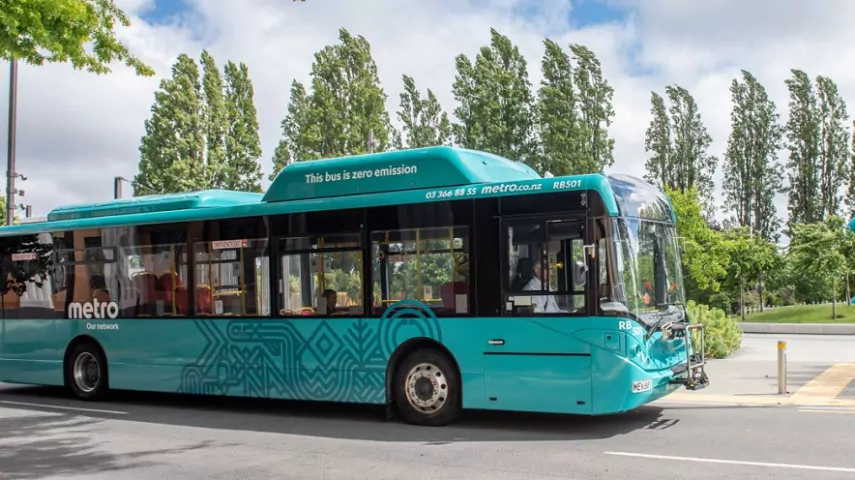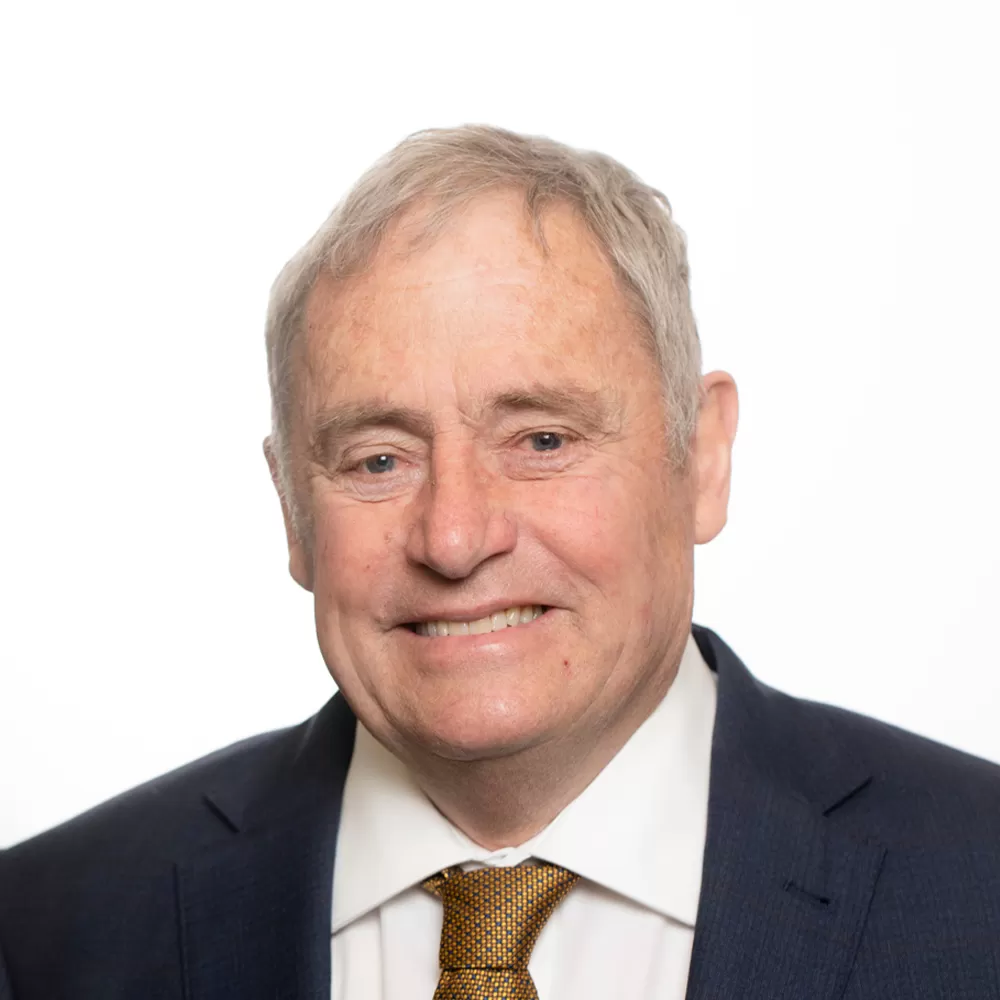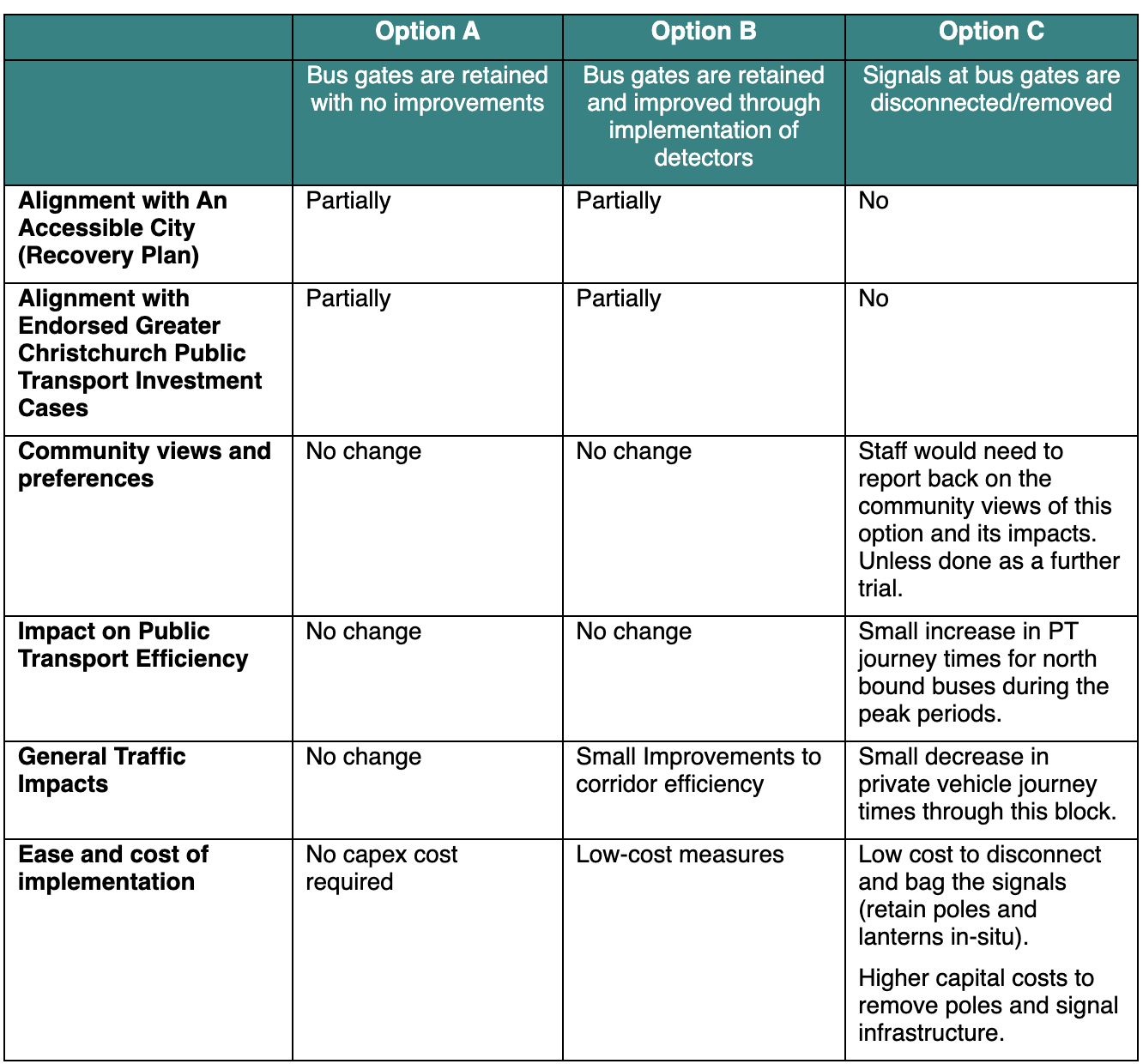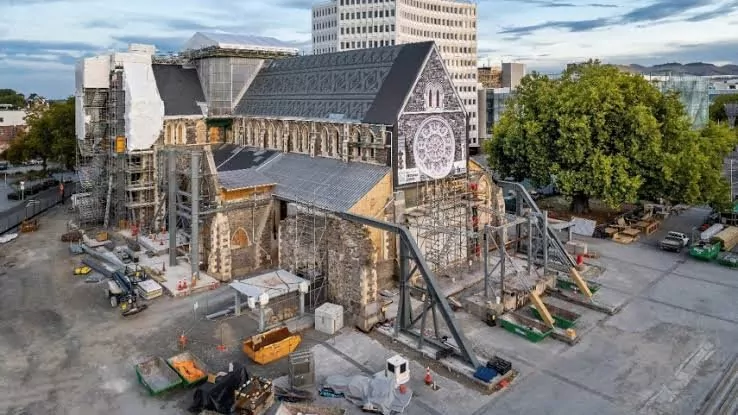Escaped youth tracked by Eagle helicopter, found hiding in New Brighton
The young person who escaped from a youth justice facility in Rolleston has been located...

Christchurch Mayor Phil Mauger has described Manchester Street in the central city as “an absolute shambles” but his recommendation to disconnect bus priority signals was voted down.
Christchurch City Council staff reviewed the results of a four-week trial that temporarily switched off the Manchester Street bus gates between Hereford Street and Gloucester Street.
The bus gates, which are traffic signals that stop cars so buses can exit the city’s “super stops” without delay, were turned off in May to test their impact on bus reliability and traffic flow.
An independent analysis by transport consultancy Abley found the bus gates provide small but measurable travel time and reliability benefits for northbound buses during the morning peak, with only minor negative effects on private vehicle travel times.
Mauger said he supported one recommendation to “disconnect and remove signals at bus gates.”

Christchurch Mayor Phil Mauger
The report said queues shifted further downstream when the gates were off, but overall traffic flow was mostly determined by signal phasing at nearby intersections rather than the gates themselves.
Council staff are now recommending the installation of detectors at the bus stops, so the gates only activate when a bus is present. This would prevent unnecessary stops for general traffic while still giving buses priority.
Councillor Yani Johanson also said Manchester Street was a “shambles.”
“Without doubt, we are long overdue for a review of the inaccessible city plan. A lot of the principles behind it, and things we were told would happen, have not been done. In the meantime, we are making individual decisions on roads within the four avenues that create congestion, create danger, and don’t make it safer.
“The number of times I’ve seen people turning the wrong way into one-way streets is ridiculous. The signage is over the top and confusing. Manchester Street is a really good example of where things have been completely over-designed and over-engineered to the point where it just creates confusion.
“I’ve talked to bus drivers who get delayed on Manchester Street. We were supposed to have that street as a way to improve the journey time of public transport. In my view, we shouldn’t be spending a cent on Manchester Street until Te Kaha is open. Then we should do a full review of traffic impacts and come up with better solutions. At the moment, it’s a complete mess.”

Banks Peninsula Councillor Tyron Fields said “I personally think Manchester Street is an absolute triumph. It’s great to bike up and down, it’s great for pedestrians, and it has never been a thoroughfare. If you’re using it as a thoroughfare, you’re either lost, and if it’s the reason you don’t come into town, I’d suggest you’ve got bigger problems in your life than Manchester Street. It’s literally famous for slow-moving traffic in Christchurch. I think it’s a brilliant street.”
Councillor Aaron Keown said “Those councillors describing Manchester as a triumph must mean Triumph Herald, because that’s something no one wants.
“There’s an aerial photo of Manchester Street taken at midday. There’s literally one person on four corners. If that’s an inner-city triumph anywhere in the world, you’re deluded. That’s an inner-city failure if we’ve spent tens, if not hundreds, of millions of dollars to bring people into the city. That photo sums it up in a nutshell.
“People of Christchurch, by and large, hate the design of Manchester Street. If you want to keep celebrating that, at least the polls open in a few weeks and people will have their say.”
Manchester Street is the city’s main north-south bus corridor, linking directly to the Bus Interchange, and is identified as a key route in both the Christchurch Central Recovery Plan and the future Mass Rapid Transit project.
Council will now consider whether to proceed with the recommended option, which includes installing detectors and carrying out a wider corridor investigation to improve bus and traffic efficiency.


